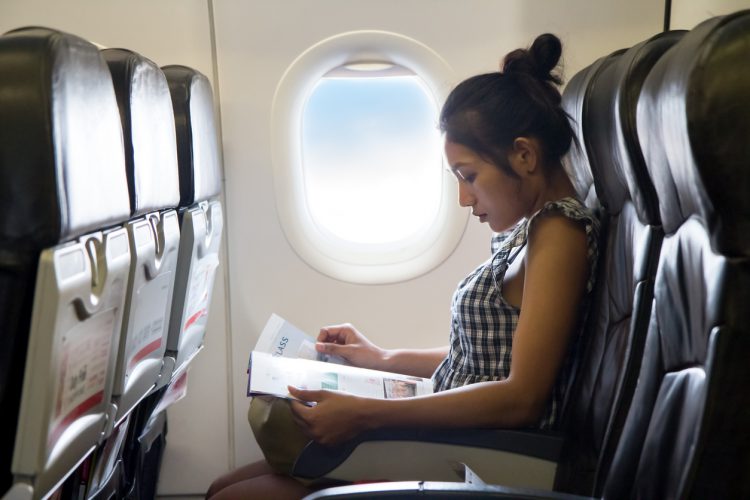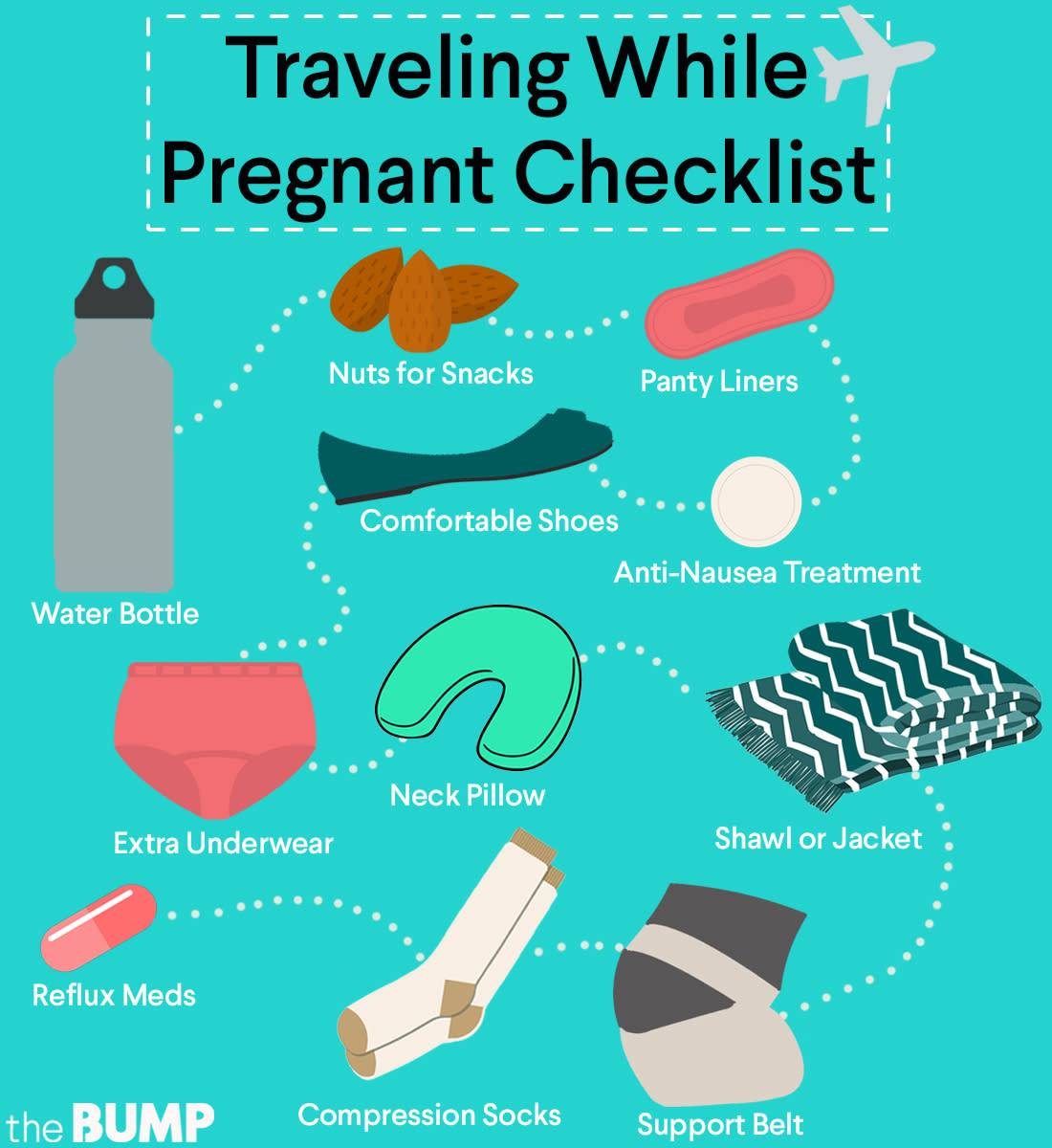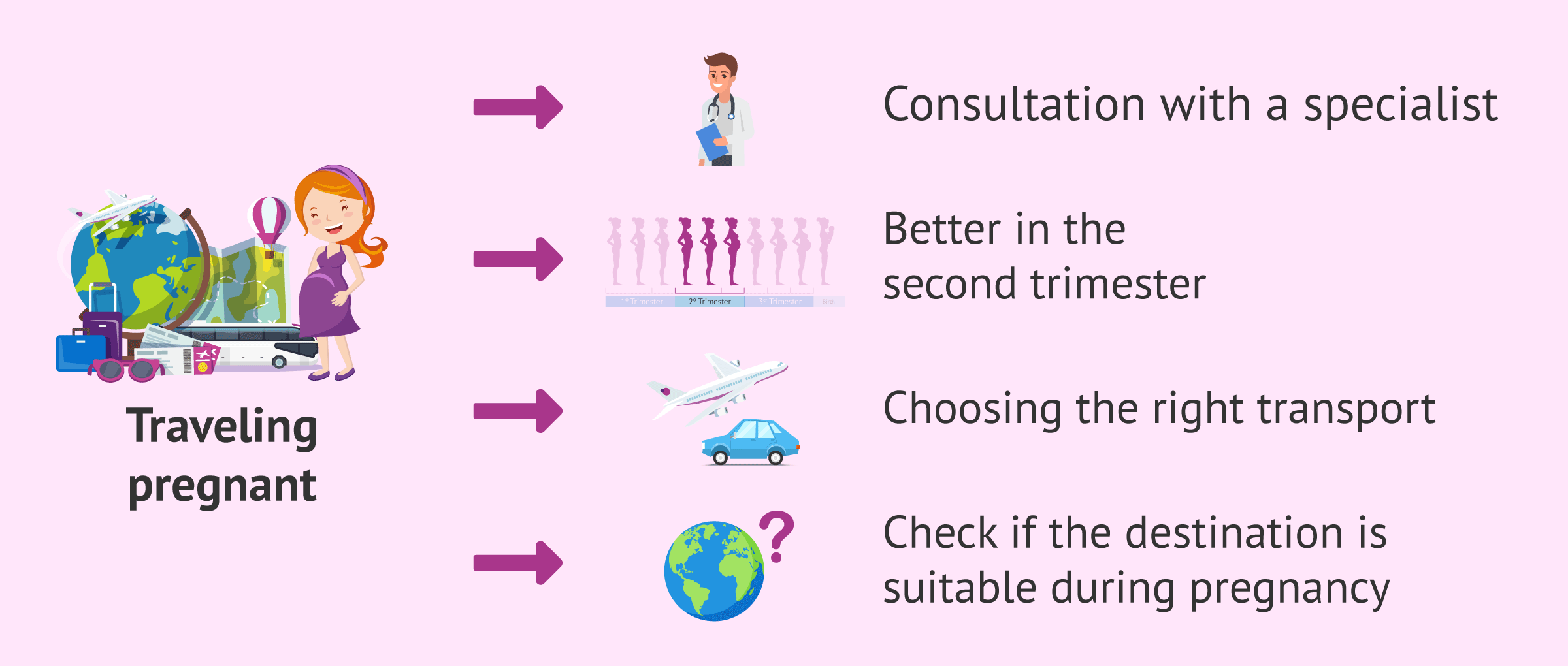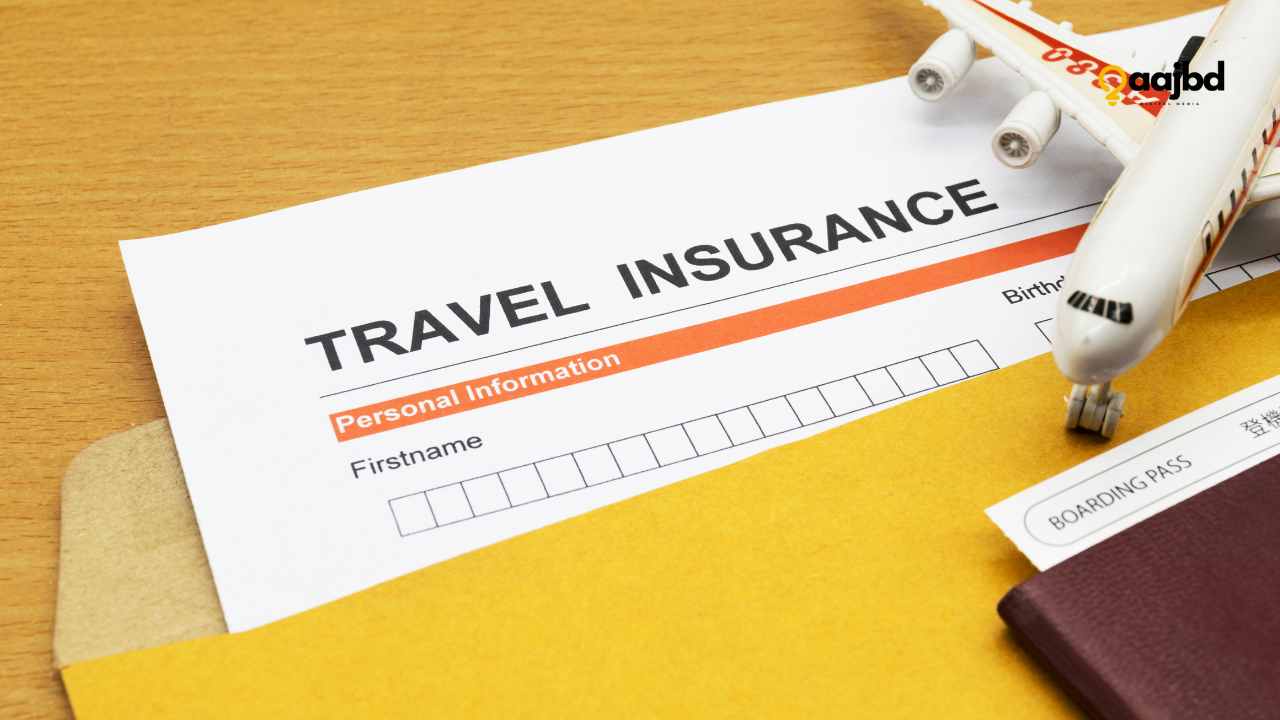Anúncios
Are you expecting and wondering if it’s safe to travel during your first trimester? This question often weighs heavily on the minds of many moms-to-be.
The excitement of a trip can be enticing, but safety is your top priority. You might feel overwhelmed by advice from well-meaning friends and countless articles online. But worry not, we’ve got you covered. We will unravel the truth about traveling during those early weeks of pregnancy.
Anúncios
We’ll address your concerns, debunk common myths, and provide practical tips to ensure both you and your baby are safe and comfortable. Keep reading to discover how you can make informed decisions and enjoy peace of mind on your travels.

Credit: www.ccrmivf.com
Anúncios
Travel Safety In Early Pregnancy
Traveling during the first trimester is generally considered safe for most women. Doctors often advise consulting them before planning trips. It’s important to stay hydrated, move frequently, and avoid risky activities.
Traveling during the first trimester of pregnancy can be both exciting and nerve-wracking. Many expectant mothers wonder about the safety of travel during this delicate time. Is it worth the risk, or should you stay close to home? Understanding travel safety in early pregnancy is crucial for peace of mind and ensuring your well-being.
Common Concerns
During the first trimester, your body is undergoing significant changes. Nausea, fatigue, and frequent urination are common symptoms. These can make traveling a challenge. You might worry about how these symptoms will affect your journey. Air travel might raise concerns about radiation exposure or cabin pressure. Some women worry about the impact of travel stress on their developing baby. But are these fears justified? Understanding the realities can help you make informed decisions.
Medical Advice
Consulting your healthcare provider is essential before planning any trip during early pregnancy. They can assess your specific health needs and offer personalized advice. You might be surprised at their recommendations. Doctors generally agree that travel is safe during the first trimester for healthy pregnancies.
However, they might suggest avoiding long-haul flights or destinations with limited medical facilities. If you have a history of complications, your doctor might advise caution. Consider practical tips for a comfortable journey. Stay hydrated, take frequent breaks, and wear comfortable clothing. Listening to your body is key.
If something feels off, don’t hesitate to seek medical attention. How do you balance the desire to explore with the need to be cautious? Personal stories can offer insight. A friend of mine traveled to a family reunion during her first trimester. She found that planning and preparation made all the difference. Her experience highlights the importance of listening to professional medical advice and your own instincts.
Ultimately, the decision to travel rests with you. Weigh the benefits and risks, and prioritize your health and well-being. What’s your perspective on travel during early pregnancy?
Health Risks And Precautions
Traveling during the first trimester of pregnancy can be a thrilling yet daunting experience. As you plan your trip, it’s crucial to understand the health risks and precautions involved. While many women safely travel during early pregnancy, being informed about potential complications and preventive measures can help ensure a smooth journey.
Potential Complications
The first trimester is a critical period for your baby’s development. Traveling might pose some risks, such as increased fatigue, nausea, and the potential for miscarriage. The body’s hormonal changes can exacerbate these issues during travel.
Consider how factors like long flights, unfamiliar food, or even jet lag might affect you. For example, a friend of mine experienced heightened morning sickness during her flight, making the journey uncomfortable. It’s essential to evaluate whether you’re up for the challenges travel might present.
Preventive Measures
Planning ahead is your best ally. Consult your healthcare provider before booking your trip. They can offer personalized advice based on your health and pregnancy.
Stay hydrated and carry healthy snacks to manage nausea and fatigue. Ginger candies or peppermint tea can be lifesavers for some. A well-prepared travel kit with medications and prenatal vitamins can keep you comfortable.
Consider travel insurance that covers pregnancy-related issues. If complications arise, having coverage can ease stress and provide peace of mind. Do you have a plan for emergencies while abroad?
Ultimately, your comfort and safety should guide your decision. Traveling during the first trimester is possible with the right precautions. How will you ensure a safe and enjoyable journey for you and your growing baby?
Travel Tips For Pregnant Women
Traveling during the first trimester can be safe with the right precautions. Pregnant women may face certain challenges, but planning can make the journey enjoyable. Here are some practical travel tips for pregnant women that focus on comfort, hydration, and overall well-being.
Comfort And Convenience
Choosing the right seat can enhance comfort. An aisle seat offers easy access to the restroom. Stretch your legs often to improve circulation. Wear loose, breathable clothing to stay comfortable. Supportive shoes can reduce foot swelling.
Bring a small pillow for added back or neck support. A neck pillow provides comfort during naps. Keep travel essentials within reach, like snacks and a water bottle. Plan breaks if driving long distances. A break every hour can help maintain comfort.
Staying Hydrated
Hydration is vital for pregnant travelers. Drink water regularly throughout the journey. Carry a reusable water bottle to track intake. Dehydration can lead to fatigue or dizziness. Avoid caffeinated drinks as they can dehydrate.
Opt for hydrating snacks like fruits and vegetables. These can also provide essential nutrients. Monitor urine color to ensure proper hydration. Pale yellow indicates adequate hydration. Staying hydrated helps maintain energy and wellness.
Destinations And Activities
Traveling during the first trimester can be safe with proper precautions. Consult your doctor for personalized advice. Choose destinations with good healthcare facilities to ensure peace of mind.
Traveling during your first trimester can be both exciting and nerve-wracking. You might be eager to explore new places but also concerned about your health and well-being. The key is to choose destinations and activities that prioritize safety without sacrificing fun. Let’s dive into how you can make smart choices that ensure both safety and enjoyment.
Choosing Safe Locations
Selecting the right destination is crucial. You’ll want to opt for places with good healthcare facilities, just in case you need medical attention. Consider cities known for their clean environments and reliable infrastructure. For example, cities in Europe like Paris or Amsterdam offer excellent healthcare services and are easy to navigate. Beach destinations with calm waters can be relaxing and safe. Think of places like Hawaii or the Maldives where the ambiance is soothing, yet healthcare is readily accessible.
Avoiding High-risk Activities
When planning activities, steer clear of anything that could pose risks. Adventure sports such as scuba diving or mountain climbing are not recommended. Instead, look for low-impact activities that are still enjoyable. Walking tours, gentle hiking, or cultural visits can be great alternatives. You might want to indulge in some relaxation. Spa treatments and prenatal yoga sessions can be wonderful ways to unwind without any risk. How do you balance adventure with safety? It’s all about mindful choices. Listen to your body and prioritize your comfort. Remember, your health is the top priority, and with thoughtful planning, you can have a memorable and safe trip during your first trimester.
Transportation Choices
Travel during the first trimester demands caution. Air travel is generally safe, but consult a healthcare provider first. Road trips can be comfortable with frequent breaks and hydration.
When you’re pregnant, especially in the first trimester, choosing the right transportation for travel can make a big difference in your comfort and peace of mind. You might be wondering if it’s safe to fly or if hitting the road is a better option. Each mode of transportation has its own set of considerations and potential benefits, so understanding them can help you make an informed decision that suits your needs.
Air Travel Considerations
Flying during the first trimester is generally considered safe for most women, but it’s important to check with your doctor first. Airlines have specific policies for pregnant travelers, and you might need a doctor’s note if you’re close to your due date. Think about booking an aisle seat for easier access to the restroom and to stretch your legs.
Staying hydrated is crucial, as airplane cabins can be very dry. Bring a large water bottle and sip regularly to stay comfortable. Consider the length of your flight. Long flights can be exhausting, and fatigue is common in the first trimester. Could a direct flight help reduce travel time and stress?
Road Trip Advice
Road trips offer flexibility, which can be a big plus during pregnancy. You can stop as often as needed to stretch your legs or grab a snack. Plan your route ahead of time and identify safe, clean places to stop. Comfort is key. Adjust your seat for optimal support and use a small pillow or cushion for added comfort.
Don’t forget to wear your seatbelt correctly; the lap belt should be placed under your belly, not across it. Remember, long hours in the car can increase the risk of blood clots. Take regular breaks to walk around and keep the blood flowing. Are there scenic spots along your route where you can enjoy a short walk? Whether you choose to fly or drive, your comfort and safety are top priorities. What will make your journey enjoyable and stress-free?

Credit: www.thebump.com
Consulting Healthcare Providers
Traveling during the first trimester can raise concerns. Consulting healthcare providers helps ensure safety for mother and baby. They offer personalized advice tailored to individual health needs.
Traveling during the first trimester of pregnancy can be a thrilling yet daunting decision. While the excitement of exploring new destinations beckons, concerns about your health and the well-being of your unborn child might hold you back. Consulting healthcare providers is a crucial step in making informed decisions about travel during this delicate period.
They can provide personalized advice based on your medical history and current health status, ensuring your journey is as safe as it is enjoyable.
Discussing Travel Plans
Before you pack your bags, it’s important to sit down with your healthcare provider and discuss your travel plans. Share details about your destination, mode of travel, and the duration of your trip. This conversation can help uncover any potential risks you might not have considered.
Your doctor might have specific recommendations or precautions tailored to your situation. For example, if you have a history of complications, they might suggest postponing travel. It’s about ensuring you feel confident and secure in your decision.
Emergency Contacts
Having a list of emergency contacts is essential when traveling, especially during pregnancy. Your healthcare provider can help you compile a comprehensive list. This should include local hospitals or clinics at your destination. Make sure you have contact numbers for your doctor and local healthcare facilities saved on your phone.
It’s also wise to carry a hard copy. This ensures you can quickly reach out for help if needed. Think about what you would do in case of an emergency. Would you know who to call? Preparing these details in advance can save precious time during unexpected situations. Being prepared allows you to focus on enjoying your trip with peace of mind.

Credit: www.invitra.com
Conclusion
Traveling during the first trimester can be safe with precautions. Consult your doctor before planning any trip. Choose destinations with good healthcare facilities. Stay hydrated and take regular breaks to rest. Listen to your body and avoid stressful situations. Pack essential items like snacks and medication.
Always keep emergency contacts handy. Consider travel insurance for peace of mind. Ultimately, prioritize your health and comfort. Every pregnancy is unique. Make informed decisions based on your specific needs. Safe travels and enjoy your journey!





